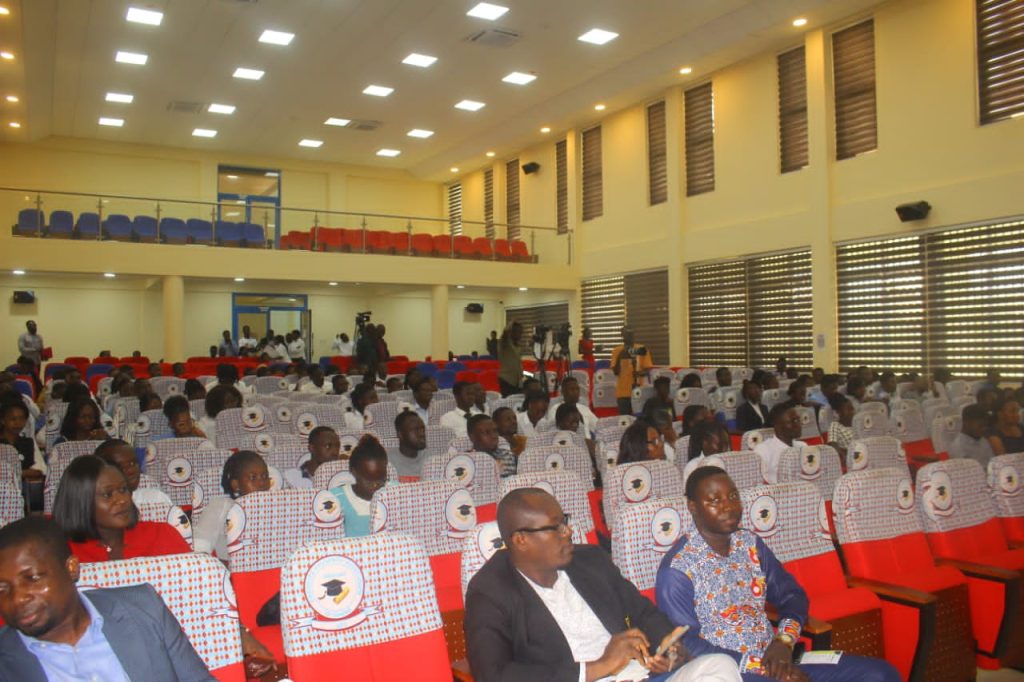By Prince Acquah
Cape Coast, Nov. 10, GNA – Thirty-seven teams of young agriculture technology entrepreneurs from the University of Cape Coast (UCC) and the Takoradi Technical University (TTU) are engaged in a pitch competition for the ultimate prize of $50,000.
The competition is an initiative of the Kosmos Innovation Centre to train and support young people to build innovative agricultural solutions businesses to enhance Ghana’s agriculture sector.
The seven-month grooming programme, funded by the Masterclass Foundation, is being implemented by the Design Thinking and Innovation Hub of UCC and nine other universities across the country.
The two-day South-West Zonal KIC Challenge Classic happening at UCC will see some of the team’s graduate to the “Pro level” of the competition after successfully convincing a panel of diverse professionals with their ideas.
In all, 15 successful teams from the 10 participating universities will join 15 other setups at the “Pro level” to fight for the ultimate prize.
The teams from the two schools were impressive with their pitches on the first day with innovations tackling issues such as environmental pollution, poor diet, low production, recycling, soil fertility, and post-harvest losses.
Mr Ato Ulzen-Appiah, Entrepreneurship Development Specialist at KIC, explained that at the end of the “Classic level”, each of the 15 teams would get $2,000 dollars to support their businesses.
“And at the end of the “Pro” which is a five-month accelerated programme, we will adjudge the winners of the Agritech challenge competition, and we will give up to 50,000 dollars in funding,” he added.
Mr Ulzen-Appiah indicated that the success of the young participating setups would largely depend on how they applied themselves even after the competition.

“Because we are training them to be entrepreneurs, we expect that they will leverage the learning to be able to improve as entrepreneurs and improve as people,” he stated.
He explained that KIC would engage the teams which got eliminated from the competition and help them in their entrepreneurial journey, even though priority would be given to those in the competition.
He said that the teams would be closely monitored to ensure they used the funding judiciously to sustain their businesses and to engender the necessary outcomes.
Dr Keren Arthur, Director of the Design Thinking and Innovation Hub, UCC, noted that the competition was an opportunity for the university to further its vision of becoming a global entrepreneurial university.
“We believe that this partnership allows us to tread the same course and to support entrepreneurship and career development among the youth to create more jobs,” she said.
She recalled that last year, UCC took 10 teams to the national competition and six made it to the “Pro level” and with two teams getting the ultimate prize.
Dr Arthur expressed admiration for the innovative ideas spanning the entire agriculture value chain pitched by the young entrepreneurs and was hopeful for a better agricultural sector with the right support systems.
Touching on some successes of the challenge, she said some participating businesses from UCC, evicted from the competition, were thriving.
GNA